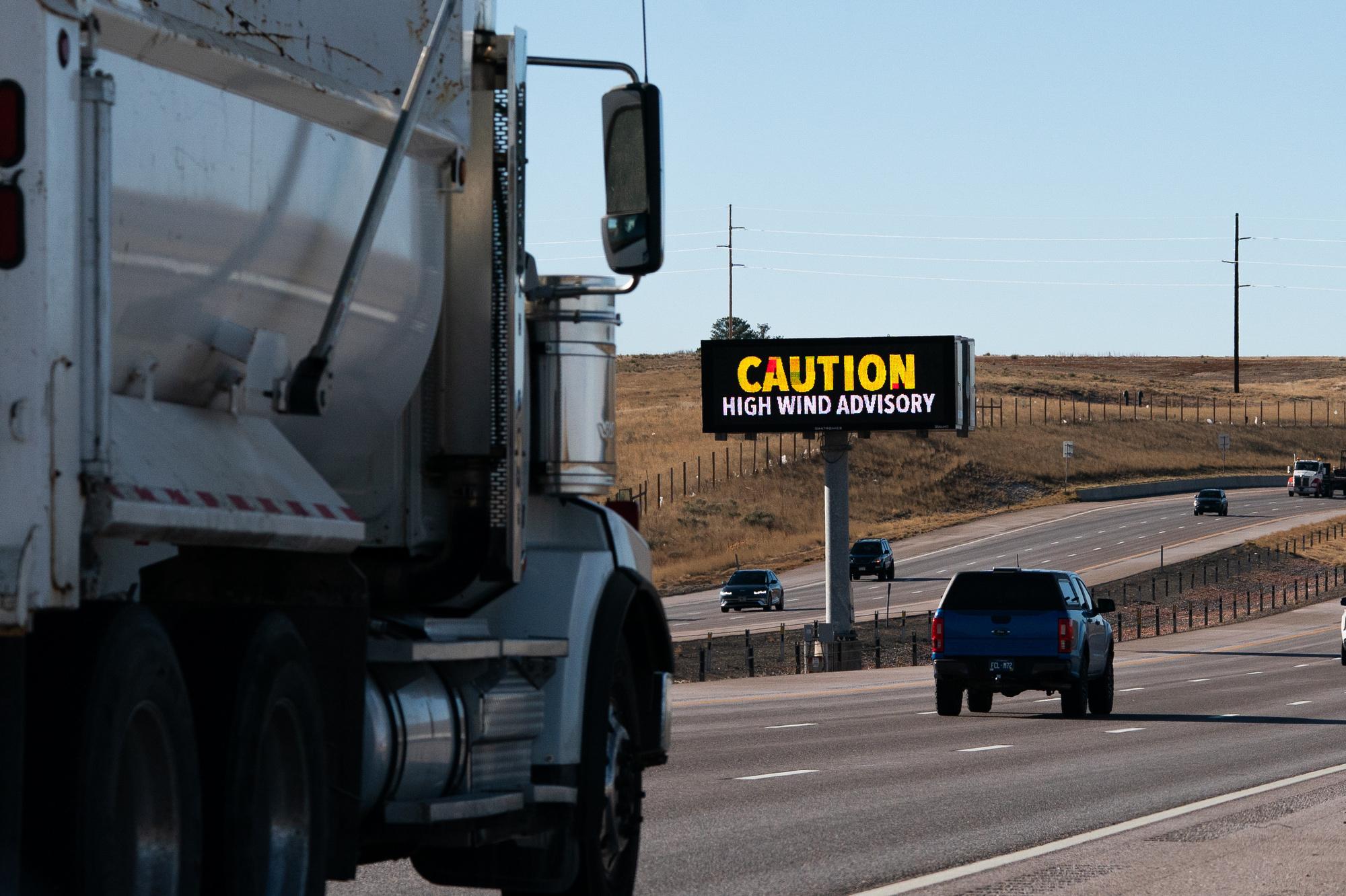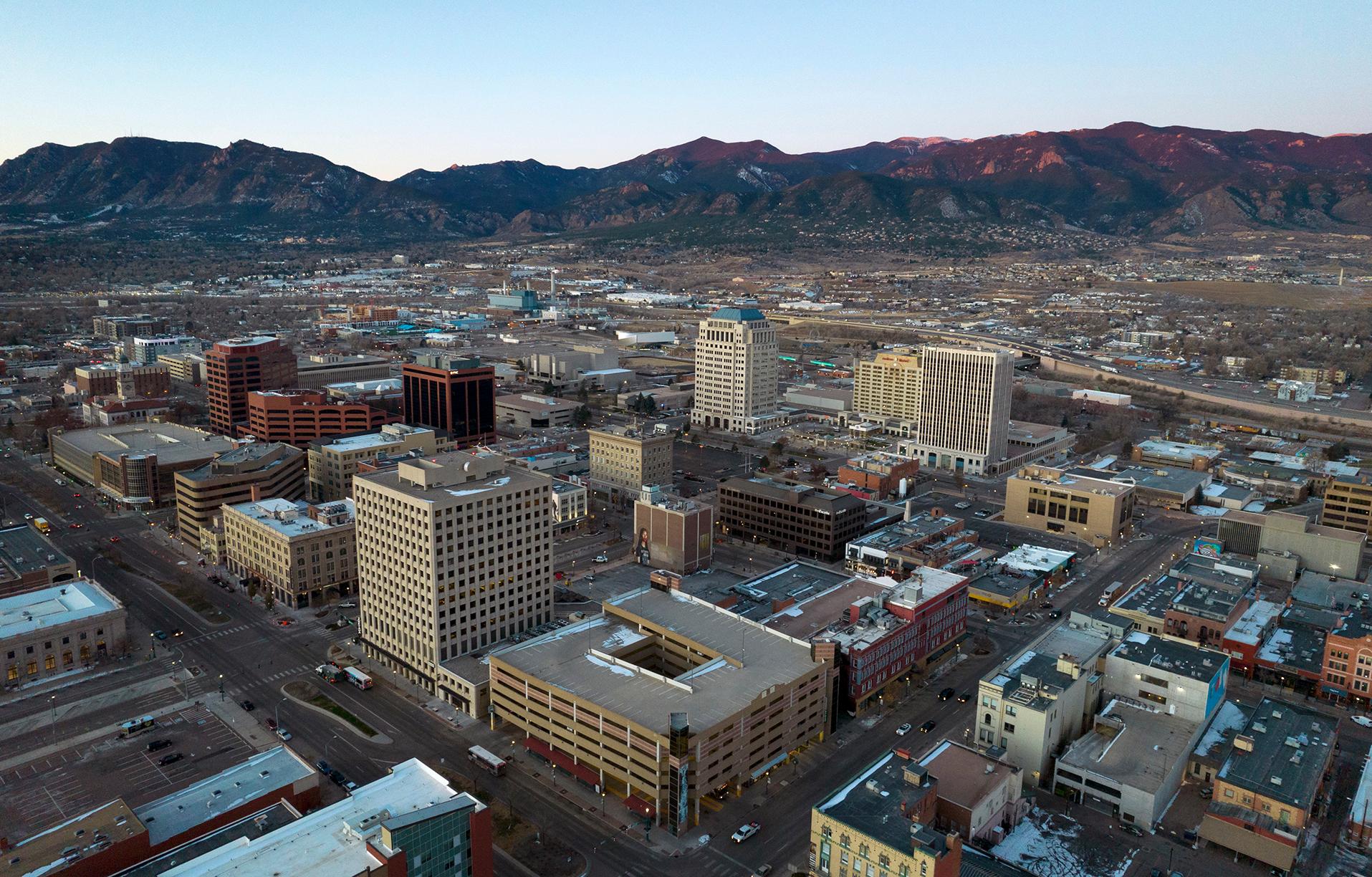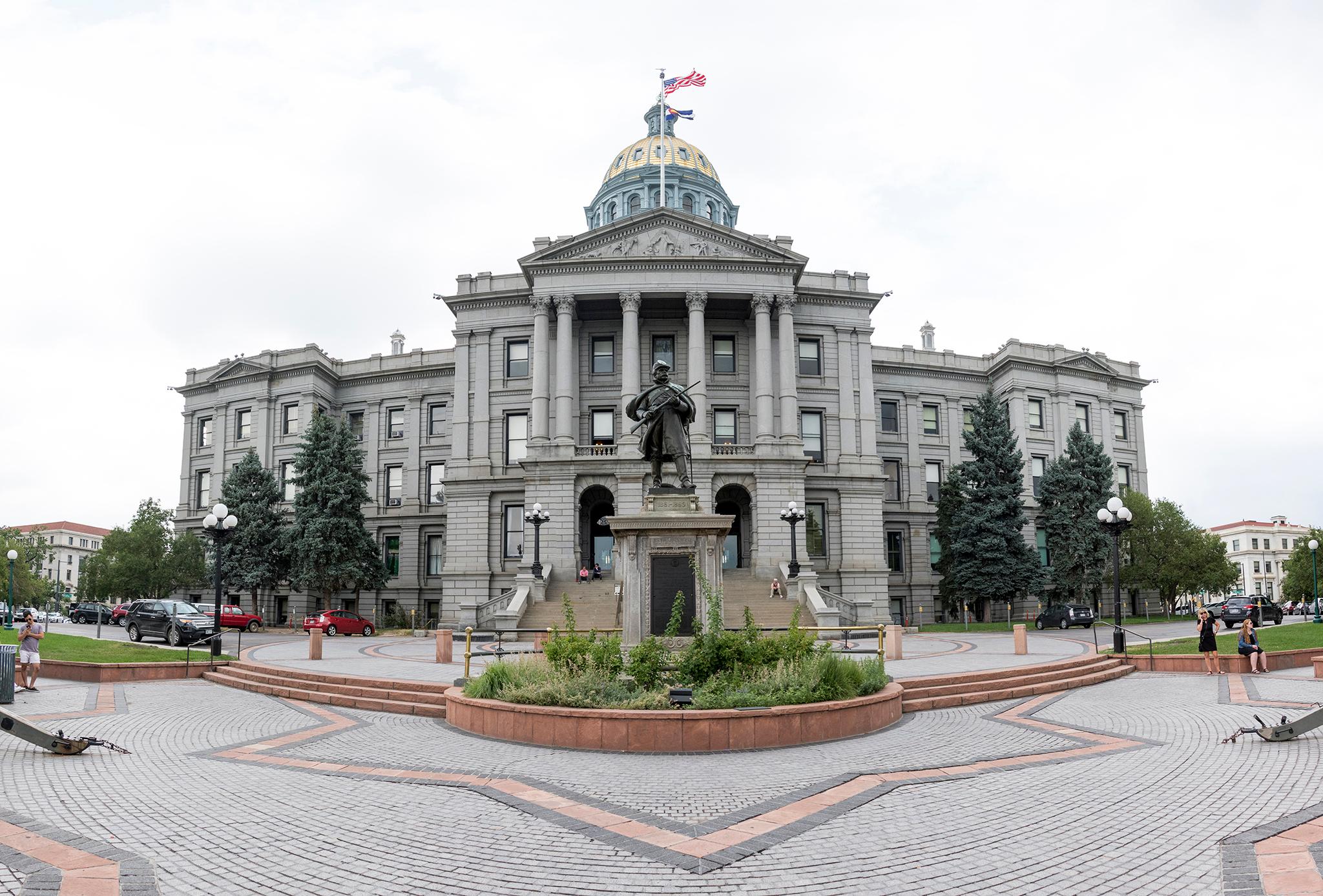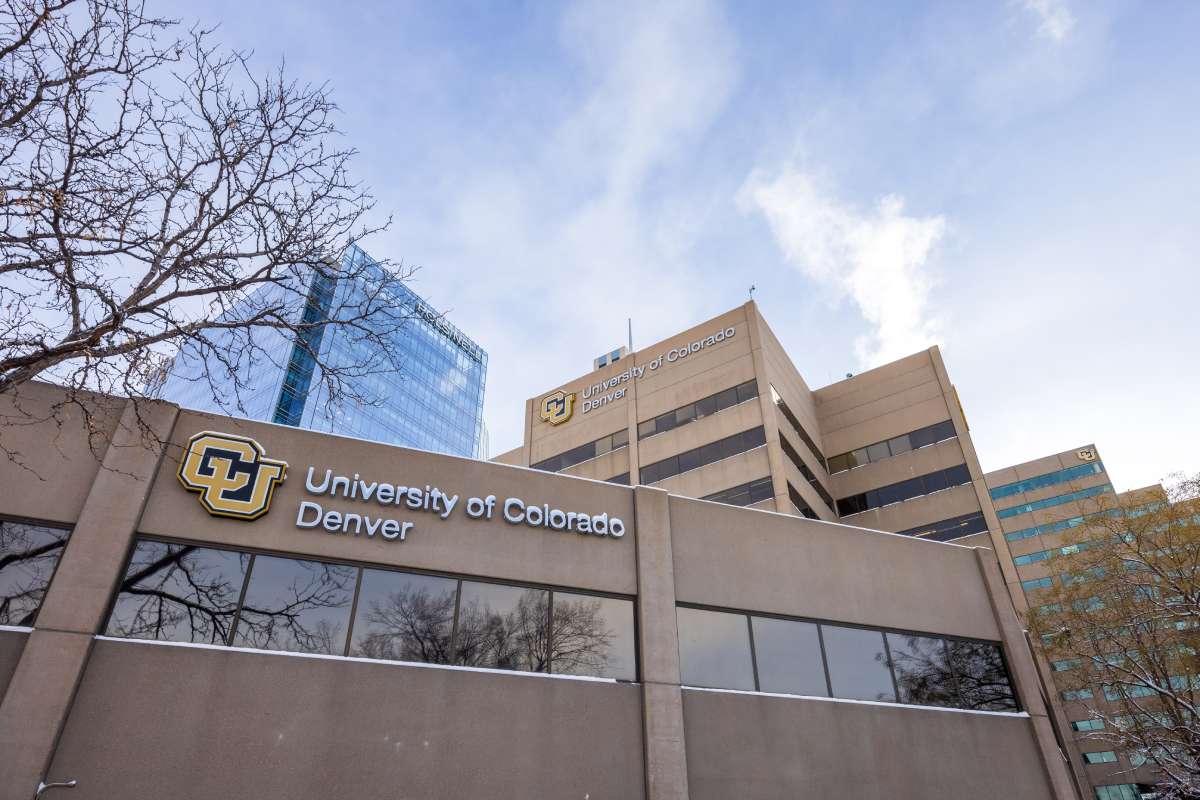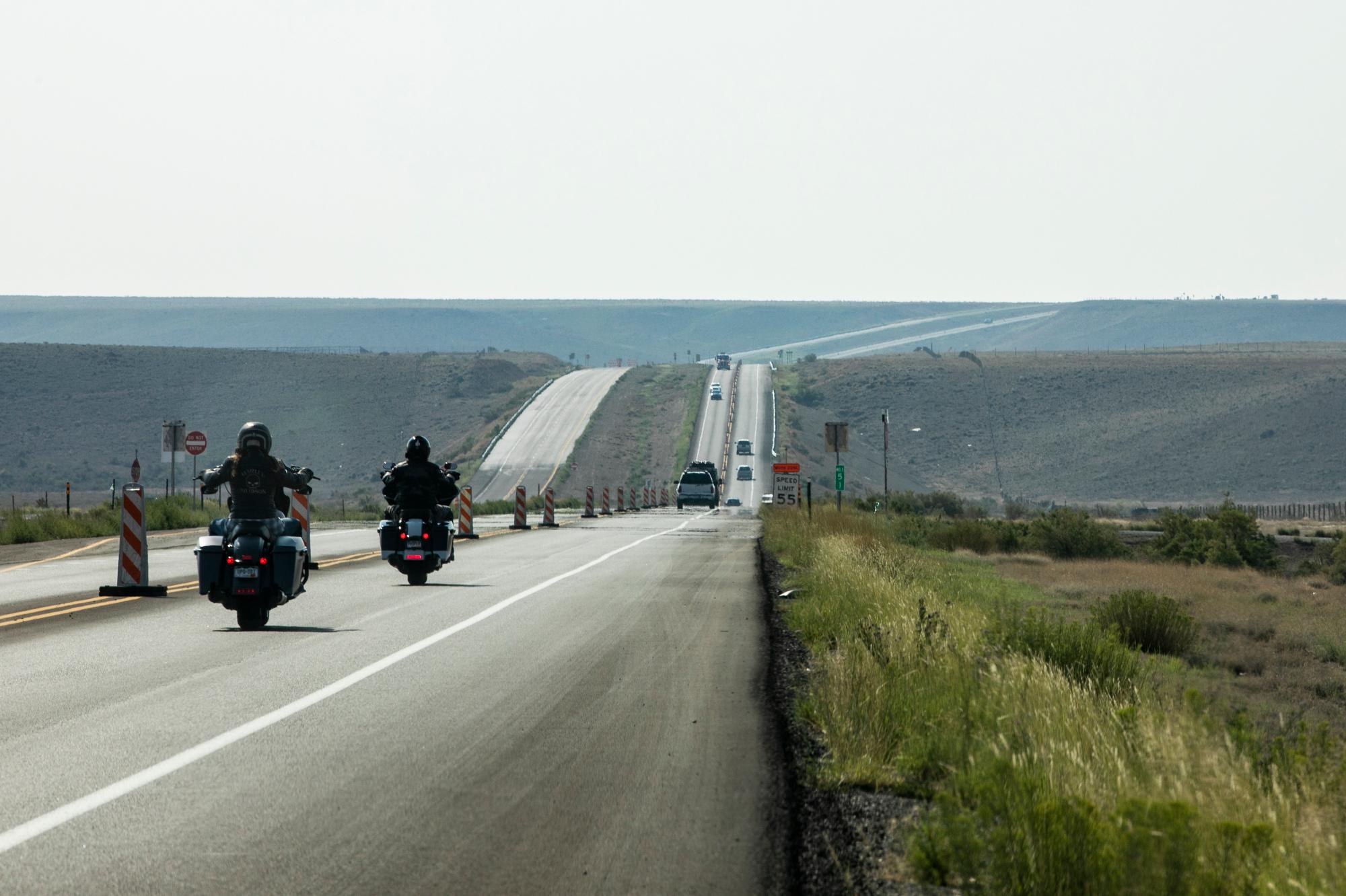
Motorcyclists in Colorado can legally pass stopped cars under certain conditions after a new law takes effect on Wednesday.
Under the law, motorcyclists can pass a vehicle in the same lane under four conditions: if traffic is stopped; the lanes are wide enough; the motorcyclist moves at 15 mph or less; and conditions permit “prudent operation” of the motorcycle while passing.
Motorcyclists can’t pass a moving vehicle, pass on the right side of a vehicle, on a shoulder, or in the lane of oncoming traffic.
Lawmakers legalized the practice, called “lane filtering,” to protect motorcyclists from rear-end crashes.
“Being rear-ended in a stopped traffic situation can have deadly consequences,” Armene Piper, a motorcycle coach and owner of Clutch Motorcycle Training in Loveland, said at a press conference on Monday. “If we're involved in a multiple-car pile-up, for instance, we just don't stand a chance.”
A growing number of state legislatures, including in neighboring Utah, have passed similar laws in recent years. The experiences from those states convinced the Colorado State Patrol not to oppose this year’s lane filtering bill, as it has before, said Col. Matthew Packard.
“Other states that are passing this law weren't seeing a dramatic spike in crashes,” Packard said.
Colorado’s new law does not legalize lane splitting, where motorcyclists pass between moving cars. Packard said he doesn’t anticipate ever supporting that.
“Lane splitting scares me,” Packard said, adding: “What I like about lane filtering is it's very controlled, it's scoped and the law does everything it can to provide a safe environment for this to occur. Lane splitting is kind of the opposite of that.”
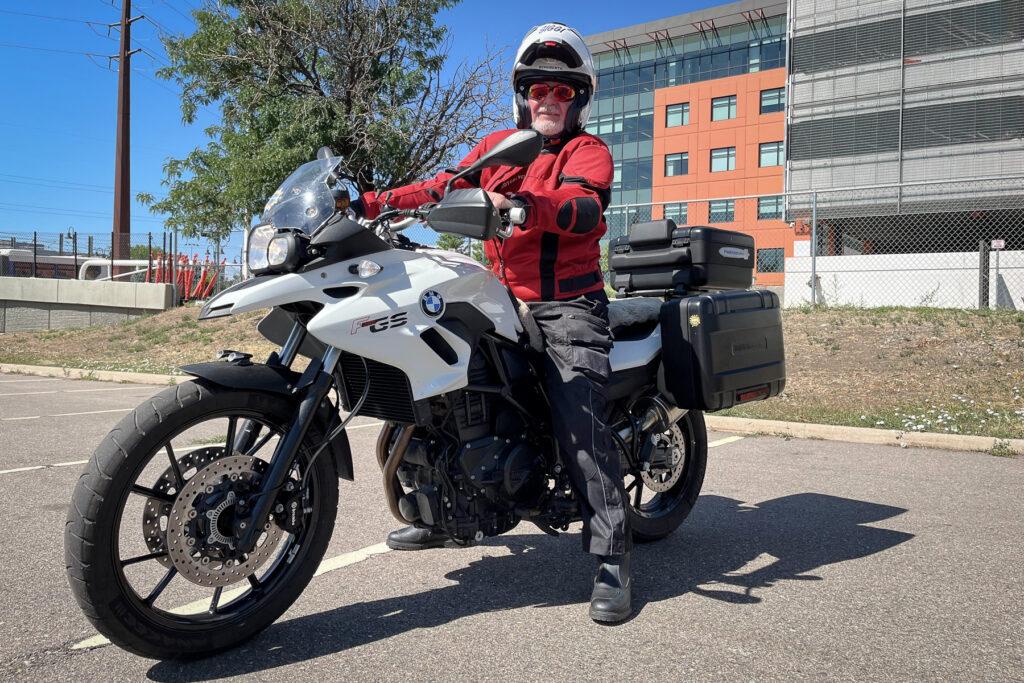
Colorado’s law will sunset in September 2027, though lawmakers will be able to extend it. The Colorado Department of Transportation will study its effects and publish a report by January 2027.
Motorcyclists account for a disproportionate number of road deaths. Nearly 150 were killed on Colorado roads in 2022 — about 20 percent of all road fatalities that year, but motorcycles made up just 3 percent of vehicle registrations.
So motorcyclists say the law is an urgent fix — and they hope vehicle drivers will be supportive of it.
“I hope that it will save lives,” said Siggi Pflumm, a trustee with the BMW Motorcycle Club of Colorado.

